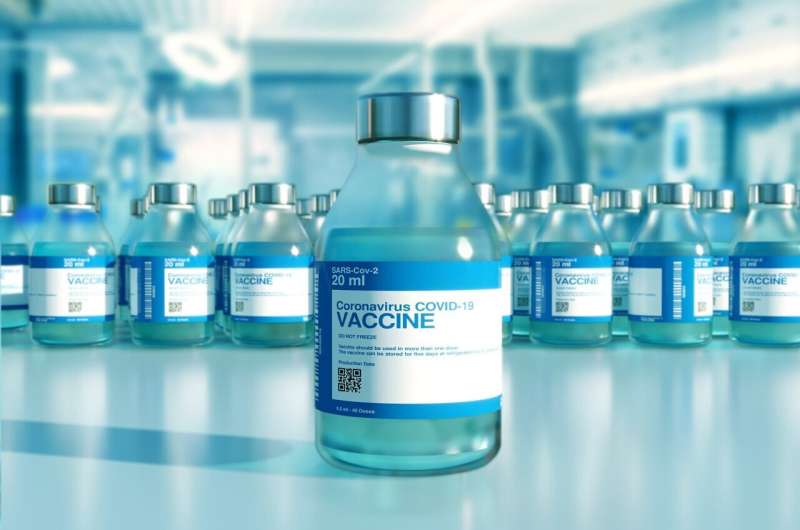
More than a fifth of patients with chronic medical conditions may still have insufficient levels of antibodies to fight COVID-19 even after a second mRNA vaccine dose. Both the Pfizer and the Moderna vaccines are mRNA vaccines. This finding was recently published in the journal Chest, based on a study by physician researchers at National Jewish Health. Their study involved the evaluation of antibody levels in patients.
“That’s not an insignificant number, and though it doesn’t represent the general population, it does represent a fifth of patients at a facility like ours, which treats people with chronic diseases and are often immunosuppressed,” said Michael Wechsler, MD, director of the National Jewish Health Cohen Family Asthma Institute and senior author of the paper. “People in this group are at a significant risk of developing COVID and may feel they’re protected after vaccination when they actually may not be.”
For the study, the researchers reviewed the blinded medical records of patients who had received two doses of either the Pfizer-BioNTech or Moderna vaccine between December 16, 2020 and July 24, 2021. They narrowed that list to patients who had antibodies tested at least 14 days after their second dose, when their bodies should have responded to the vaccine.
This produced a group of 360 patients, with a mean age of 62 years. In 21 percent of the group, the tests detected little to no levels of COVID antibodies from vaccination. The conditions those patients were being treated for ranged from asthma (14 percent) to congestive heart failure (48 percent). Interstitial lung disease and congestive heart failure are two independent risk factors for low antibody response to COVID vaccination.
While another recent study looked at the antibody response in transplant patients, most studies have examined the general population. This is the first study to investigate the effects of underlying chronic medical conditions on antibody response. Information learned in this study will help doctors as they urge patients to get booster shots and raise the patients’ level of caution to wear masks and social distance.
Source: Read Full Article